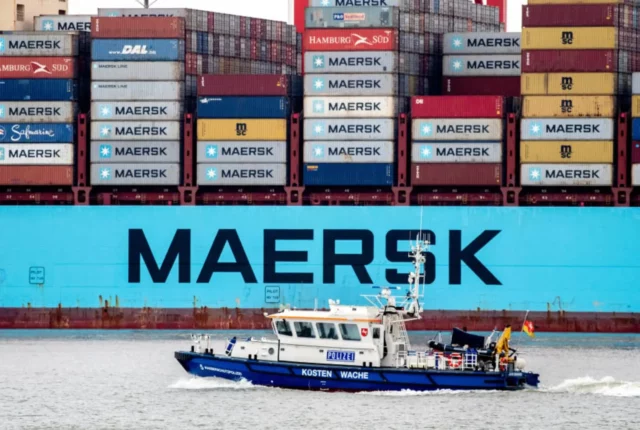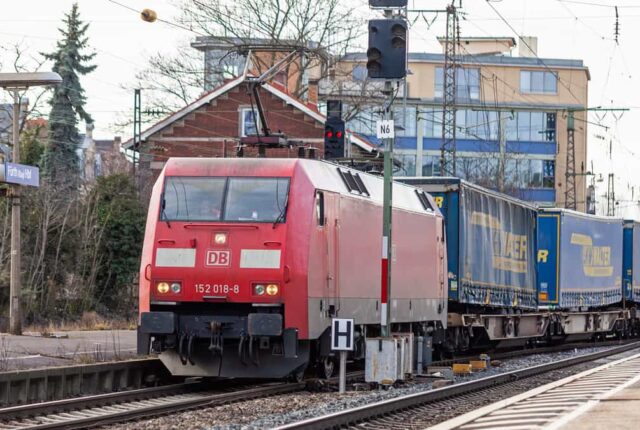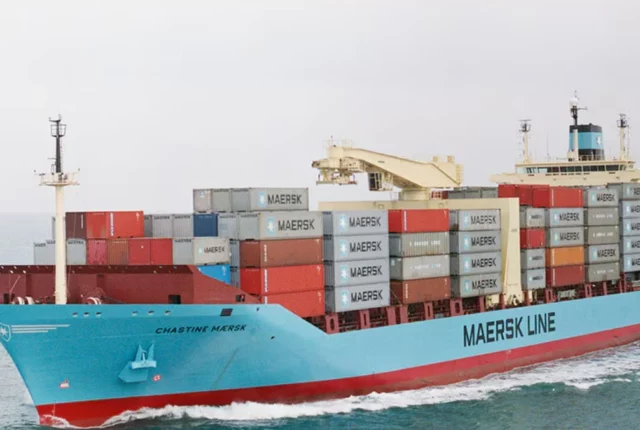
Road Freight Resilience: Coping with Supply Chain Disruptions
In today’s interconnected world, supply chain disruptions have become an unfortunate norm. Road freight resilience is crucial to keep goods moving efficiently even in the face of unforeseen obstacles. In this comprehensive guide, we’ll explore various aspects of coping with supply chain disruptions, sharing valuable insights and practical solutions to help you navigate these challenges successfully.
Understanding the Landscape
What Is Road Freight Resilience?
Road freight resilience refers to an organization’s ability to maintain a robust and reliable supply chain, ensuring the uninterrupted flow of goods, even when faced with disruptions such as natural disasters, labor strikes, or unforeseen events.
The Significance of Road Freight Resilience
Effective freight resilience not only safeguards against financial losses but also helps in maintaining customer trust and loyalty. It enables businesses to continue operations despite unexpected supply chain interruptions.
Strategies for Enhancing Resilience:
Building a Resilient Network
One of the key elements in freight resilience is establishing a robust network of suppliers, carriers, and partners. Collaborate with trusted entities like freight forwarders to ensure redundancy and flexibility.
Diversifying Transportation Modes
Overreliance on a single mode of transportation can be a significant risk factor. To enhance resilience, diversify transportation options to include road, rail, and air freight.
Advanced Technology Integration
Embrace cutting-edge technology to improve supply chain visibility. Real-time tracking and data analytics can provide essential insights to mitigate disruptions effectively.
Coping with Supply Chain Disruptions
The resilience of road freight systems is put to the test when disruptions occur. It’s crucial to prepare for these scenarios:
Weather-Related Disruptions
Adverse weather conditions can wreak havoc on road freight operations. Strategies include advanced weather forecasting, rerouting, and improved vehicle maintenance.
Infrastructure Failures
Road closures and infrastructure issues can disrupt the supply chain. Maintaining updated route information and having backup plans in place is essential.
FAQs
Q: How can I prepare for supply chain disruptions? A: Developing a comprehensive resilience strategy, diversifying transportation modes, and leveraging technology are crucial for preparedness.
Q: What is the role of technology in road freight resilience? A: Technology provides real-time tracking and data analytics, enabling businesses to respond swiftly to disruptions.
Q: Why is diversifying transportation modes important? A: Relying on a single mode of transportation makes a supply chain vulnerable. Diversification ensures flexibility.
Q: What is the significance of maintaining a resilient network? A: A resilient network of suppliers, carriers, and partners provides redundancy and support during disruptions.
Conclusion
Road freight resilience is not just a buzzword; it’s a vital element in modern supply chain management. By following the strategies mentioned in this guide and understanding the significance of a resilient network, diversified transportation modes, and technology integration, you can effectively cope with supply chain disruptions. Remember, preparation is key to maintaining the flow of goods even in the face of unexpected challenges.






